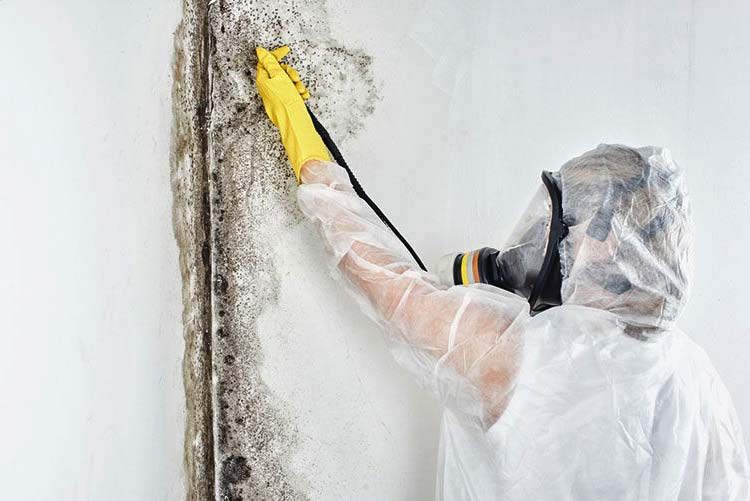Who is responsible for mold found in rental properties in Wyoming?
Wyoming landlord-tenant mold laws say that the responsibility for mold remediation lies with the landlord. They state that tenants have a right to a habitable dwelling and request repairs within a reasonable time. Rental properties must be free from health hazards such as mold.
Tenants must keep their homes clean and well ventilated. It helps reduce mold growth. They must also ask for repairs on moisture problems that can cause mold.
What we cover
ToggleLandlord rights and responsibilities in Wyoming
- Keep the property safe and habitable.
- Make all repairs for problems reported within a reasonable time.
- Keep all electrical and plumbing appliances in good working condition.
- Meet all required local housing regulations.
- Lawful evictions.
- Collect rent in agreed-upon amounts and time.
- Supply heat and both hot and cold water.
Tenant rights and responsibilities in Wyoming
- To live in habitable conditions.
- Timely repair for all problems you report.
- Fix all damage that is your fault.
- Pay the required amount of rent at the agreed time.
- Use provided garbage disposal receptacles.
- Ensure quiet enjoyment of the property for other neighbors.
- No retaliation from the landlord for exercising legal rights.
- Keep the premises clean and habitable.
Resource: See other states mold laws here
How long does a Wyoming landlord have to fix mold?
Wyoming tenants should report water leaks and other problems that may cause mold to their landlord.
Tenants should report the problems in writing. They can use certified mail or email to inform the landlord.
Afterward, tenants are required to give reasonable time to the landlord to make the repairs. However, Wyoming does not stipulate the period.
Wyoming landlords can dispute the repairs by writing to the tenant. Thus, leaving the responsibility of the repairs to the tenant.
Mold disclosure laws Wyoming
Wyoming law requires landlords and property sellers to disclose the actual conditions of the home. And any material defects in the property.
Sellers and landlords should allow potential buyers and tenants access to the disclosure form before the conclusion of the purchase or rental agreement.
The buyer or tenant may hire a home inspector to find out the state of the home.
Disclosures offer only the information the sellers and landlords currently have. If the seller or landlord is aware of mold in the house, they will disclose it.
Landlords must remediate the mold before getting a new tenant for the unit. It ensures that they maintain the premises habitable.
Can you break your rental lease In Wyoming due to mold?
In many states, tenants are legally not allowed to break the rental lease if the mold is their fault.
When tenants notice problems that can cause mold, they should report them to the landlord immediately.
If the landlord refuses to fix the reported problems and the unit is not habitable, you can consider it constructive eviction.
If the landlord sues you for the rest of the rent, you must prove in court that the house was uninhabitable, the mold was not your fault, and that you had notified your landlord, and they did not fix the house.
You can legally break your lease in Wyoming to start active military duty, the landlord discriminates against you and if you had an early termination clause on your lease agreement.
Can a Wyoming tenant withhold rent due to mold
Wyoming law does not allow tenants to withhold rent to compel their landlords to make repairs.
Your landlord can start your eviction if you are three days late on your rent after offering a three-day notice.
Wyoming law requires that tenants be rent current for their landlords to fix any reported problems.
Can a Wyoming tenant seek justice in court due to mold?
- In Wyoming, a tenant can sue the landlord for damages due to mold when;
- You have evidence the landlord refused to fix water leaks reported before the mold appeared.
- If you have spent money in a hospital or on medication due to mold exposure.
- Lost income due to a condition caused by mold exposure.
- If you have spent any money to remediate the mold.
- For mold-related damage to your property not covered by your renters’ insurance.
- For pain and suffering caused by the health effects of mold.
- The mold presence is not your fault.














